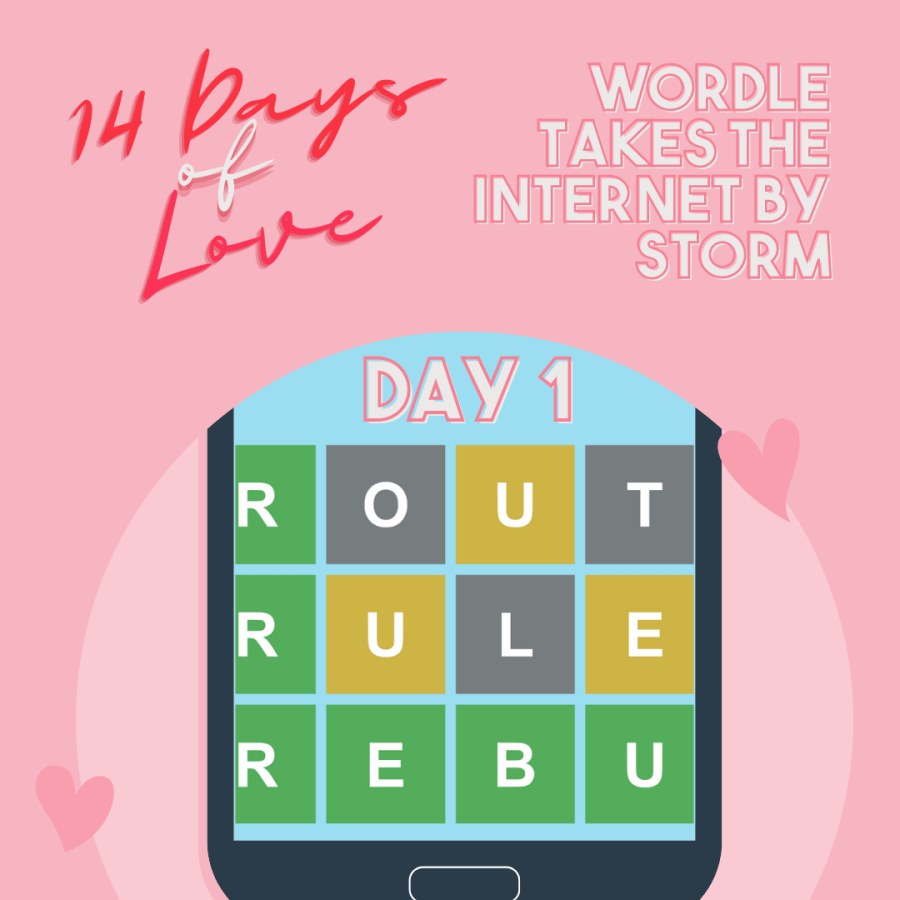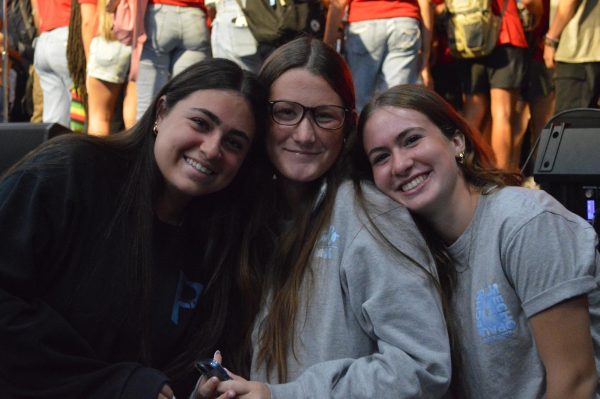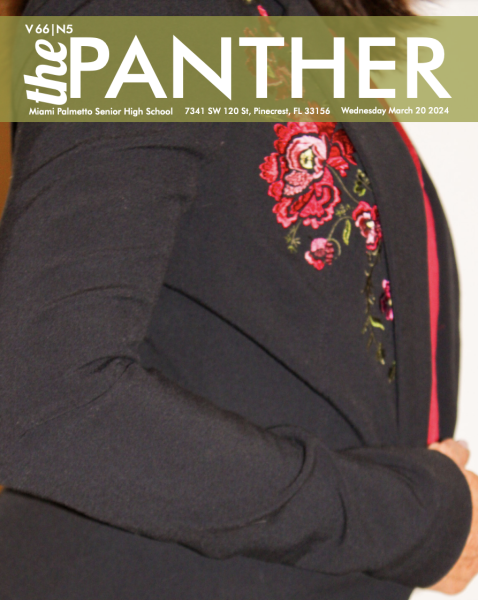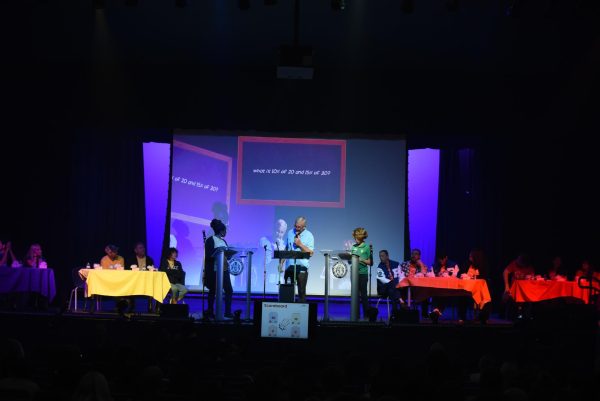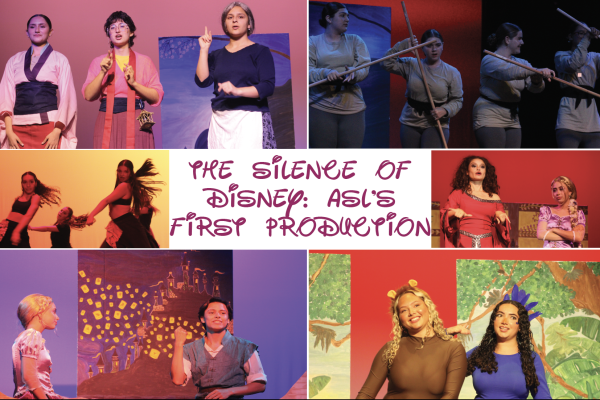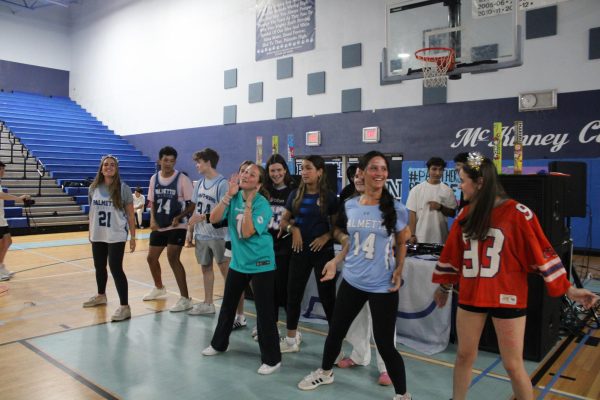14 Days of Love Day 1: For the Love of Words: Wordle Takes the Internet by S-t-o-r-m
February 1, 2022
A word game, Wordle, has recently become a pop-culture phenomenon. With over 2.7 million players as of Jan. 10 — and thousands more each day — the game has dominated the internet, particularly on social media sites like Twitter and Facebook.
Wordle’s origin is a love story in itself. Software engineer Josh Wardle created the game for his partner, Palak Shah. Wordle has existed since 2013 when Wardle created a prototype of the game; however, he altered the game in 2020 after Shah became obsessed with “New York Times” games like the Spelling Bee and crossword puzzles.
The objective of the game is to guess a five letter word in just six tries. After each guess, the tiles of each letter change colors based on whether they are in the word and in the right place (green), are in the word but in the wrong place (yellow) or not in the word at all (gray). Based on the word, it can take individuals seconds or longer to solve the word.
Just months after Wordle’s establishment, the game grew in popularity, with users posting their results on social media.
But with the hundreds of internet games that exist, why do people love Wordle so much?
The answer lies in psychological concepts, which University of Florida social psychologist Matt Baldwin realized after researching the game.
Wordle creates a sense of consistency for those who have felt the impacts of the pandemic. With so much chaos and movement in an individual’s day-to-day life, Wordle can create flow, especially since the game does not demand much attention or time.
The game is limited. Since Wordle only releases one word per day, the game keeps individuals craving more, excited to play the next day’s game.
Finally, Wordle satisfies an individual’s social comparison. Whether people admit it or not, they enjoy comparing themselves to others; thus, Wordle serves as an ideal platform for people to showcase their intelligence.



